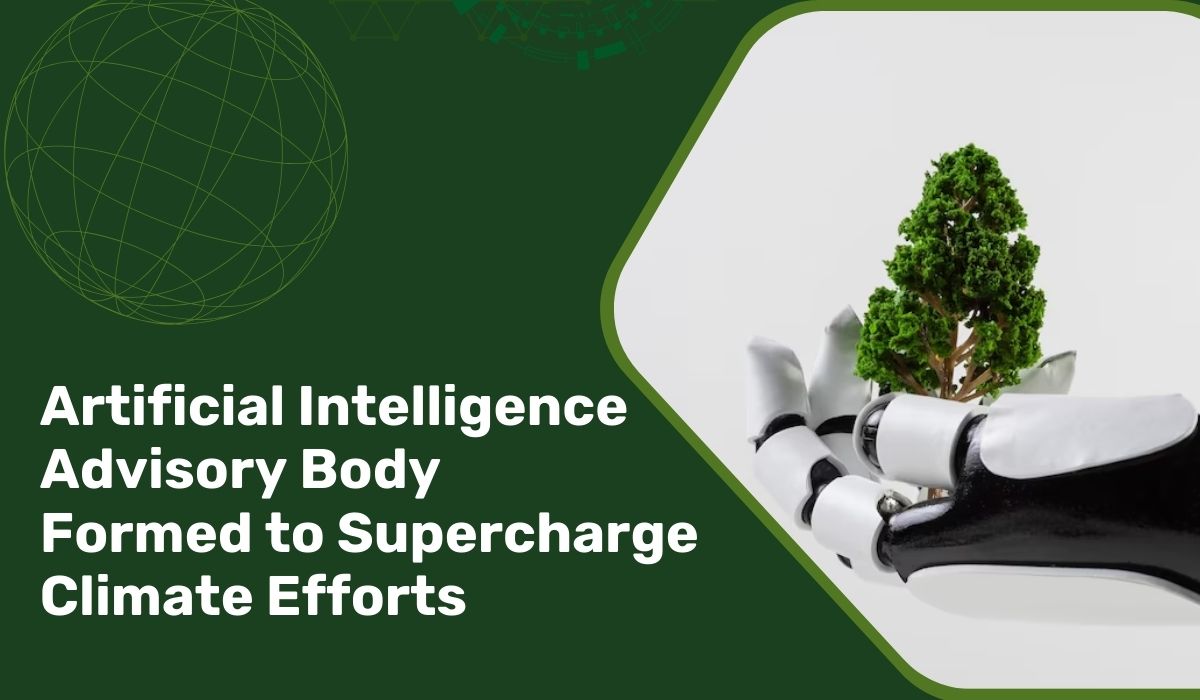
In recent years, the term "Artificial Intelligence" (AI) has reverberated across various industries, leveraging data solutions to tackle intricate challenges in healthcare, education, and beyond. However, can AI extend its capabilities to confront one of humanity's gravest threats—climate change? Numerous experts assert that while AI cannot directly combat climate change, its analytical prowess and data-driven capabilities can play a pivotal role in mitigation, refining weather forecasts, and devising adaptation strategies.
The buzz surrounding AI's potential in addressing climate change has gained momentum. In July, during the Security Council debate on artificial intelligence, UN secretary-general António Guterres underscored the need for a concerted effort to develop reliable and safe AI that can contribute to ending poverty, eradicating hunger, curing cancer, and intensifying climate action. As a response to this call, on October 26, the secretary-general announced the establishment of a new artificial intelligence advisory body. This body is tasked with exploring the risks, opportunities, and international governance of AI, emphasizing its potential to supercharge climate action and support the achievement of the 17 Sustainable Development Goals (SDGs) by 2030.
Underlining these efforts, the UN's #AI4ClimateAction Initiative aligns with Guterres' vision. This initiative is actively investigating the role of AI in advancing and scaling transformative climate solutions, particularly focusing on mitigation and adaptation actions in developing countries, with an emphasis on least-developed nations and small island developing states. The intersection of AI and climate action is gaining traction on the global stage, signaling a recognition of AI's potential as a powerful tool in the fight against climate change.